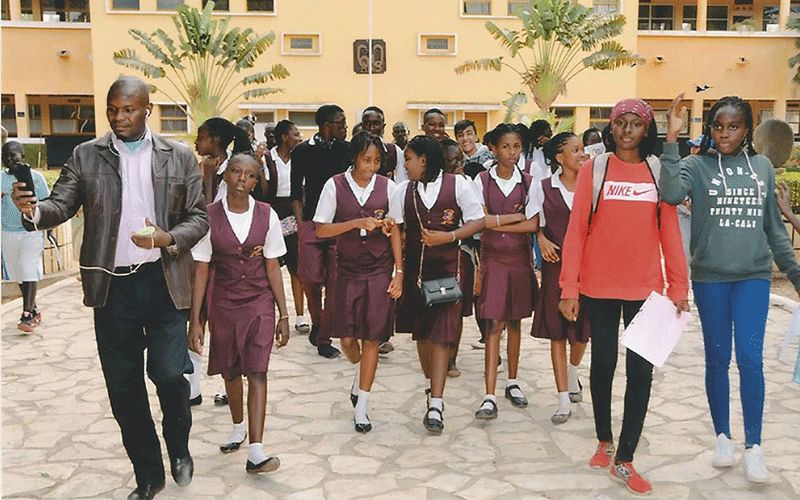Dakar, 21 December, 2019 / 1:00 am (ACI Africa).
As the Church in the West African nation of Senegal prepares to officially inaugurate the new headquarters of the National Office of Catholic Education of Senegal (Onecs) in January in 2020, the Catholic Education Secretary in the country, Br. Charles Biagui, has outlined some of the challenges, perceptions and opportunities around Catholic education and called on the state to support the Church’s mission to evangelize through education.
“The challenges are many and are hampering the development of the National Office of Catholic Education in Senegal. For example, we have the impossibility of applying the truth about prices in terms of schooling, due to the poverty of households,” Br. Biagui has been quoted as telling the news agency La Croix Monday, December 16.
“This makes it impossible to obtain revenue that can cover expenditure commensurate with management costs,” he added.
Br Biagui, a member of the Brothers of the Sacred Heart congregation lamented, “People see our schools as rich people's schools. This is not the case! First of all, because we have imposed ourselves to be able to help all those who come to our structures.”
Despite the huge expenses the Church incurs in realizing Catholic education, Br. Biagui also clarified, “a lot of attention is given to the less privileged in Senegal.”








